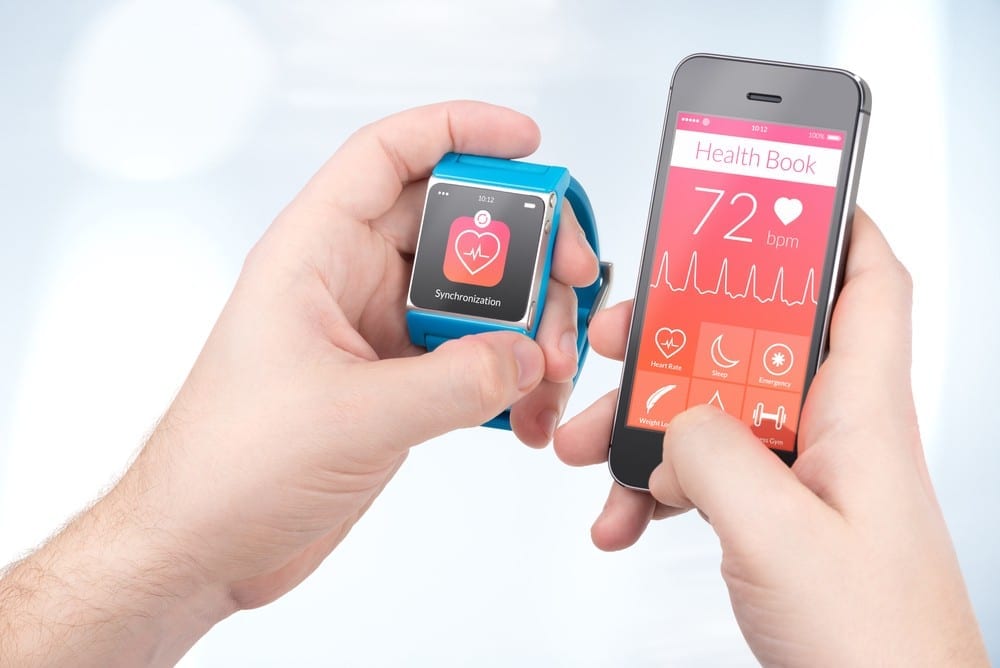New Year’s resolutions are about making change. In our enthusiasm, we start the year with a long list of truly admirable (and unsustainable) goals–at a time when we’re exhausted from the holidays and our cognitive reserves are low. As I discussed with Kelsey Hurwitz from Women’s Day, it’s little wonder our resolutions fall by the wayside. That makes February a much better time to make a change.

Behavior change is best accomplished by identifying small changes that can turn into habits, building in tools (tech or physical) and support (real or virtual) and celebrating many small victories that continually reinforce your vision of yourself succeeding. This takes energy–something that’s in short supply right after the holidays. Fatigue not only makes sustained motivation hard, when we’re tired we tend to be more negative.
Feeling bad isn’t a recipe for success. In a review of 129 studies looking at the types of behavior change strategies recommended by clinicians, the researchers found that while people may view current behavior as undesirable, focusing on fear and regret didn’t actually motivate them to change (“Why Behavior Change is Hard..”, 2012). Fear and regret are great for feeling down on yourself but they are the least effective approaches to motivate change.
What works better? Research tells us that goals are easier to achieve if they are specific rather then general (“I’ll meditate for 30 minutes every day,” rather than “I’ll be more mindful”). It’s also not enough just to have a goal; success comes from making it doable, not aspirational. If you want to exercise more, be clear how, when and where that can easily happen. Find a location, schedule a work-out, buy the clothes. If you need external motivation, hire a trainer, set an alarm or arrange fitness dates with a friend. Identifying potential barriers to change before you get started will keep them from thwarting your progress when you’re under pressure. (Personally, I like the way Orange Theory automatically adds the classes I select to my calendar and that they charge me a nominal fee if I don’t show or cancel too late. It really bothers me to lose the money–so I go rather than blow it off.)
Keep in mind that our brains have capacity limits. If you have too many goals, you can literally wear out your attention and willpower. This is also why new morning routines are more successfully adopted than afternoon ones. By the end of the day, we’re fatigued and that lowers are cognitive resolve.

Tech can help. Since iPhone’s launch in 2007, the amount of mobile fitness, health, wellness, and behavior change apps has grown to hundreds of thousands. Technology isn’t a standalone solution. The bottom line is that change can’t come without a process of recognition, motivation, and effort. In fact, psychologists have invested countless hours and developed many, many models in their efforts to understand and support behavior change. However, no one said you have to do it alone, and tech is an easy, and often inexpensive, stand-in. Mobile apps and wearables can provide easy ways to experiment with what support might work for you. If you find an app that fits your goals, personality, and motivational style, it can make a big difference. Whether it’s aphorisms and mindfulness, social support, diet logs, organizational tools, reminders or data tracking, apps can add valuable assistance in building new go-to behaviors or attitudes. #mediapsychology #positivemedia #techforwellness
Why behavior change is hard – and why you should keep trying. (2012) Harvard Women’s Health. Retrieved from https://www.health.harvard.edu/mind-and-mood/why-behavior-change-is-hard-and-why-you-should-keep-trying

 Dr. Pamela Rutledge is available to reporters for comments on the psychological and social impact of media and technology on individuals, society, organizations and brands.
Dr. Pamela Rutledge is available to reporters for comments on the psychological and social impact of media and technology on individuals, society, organizations and brands.